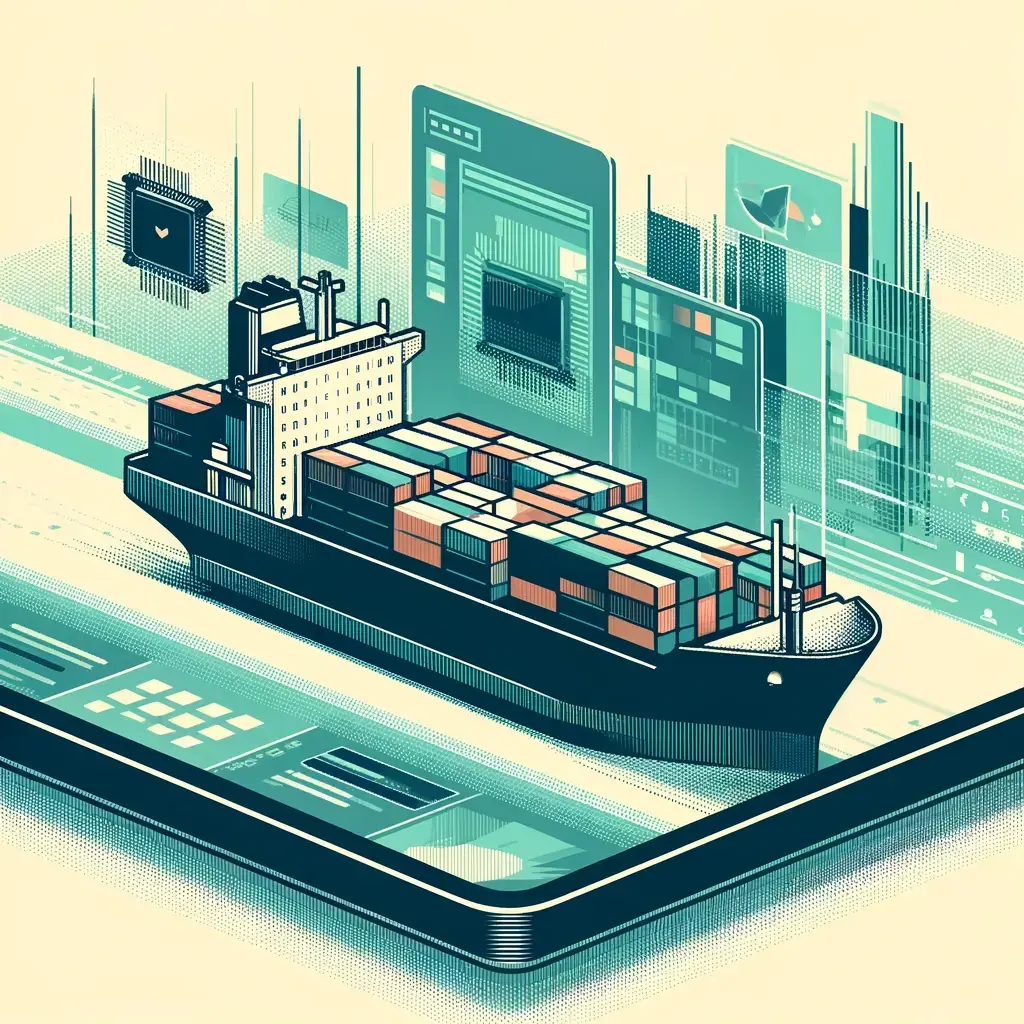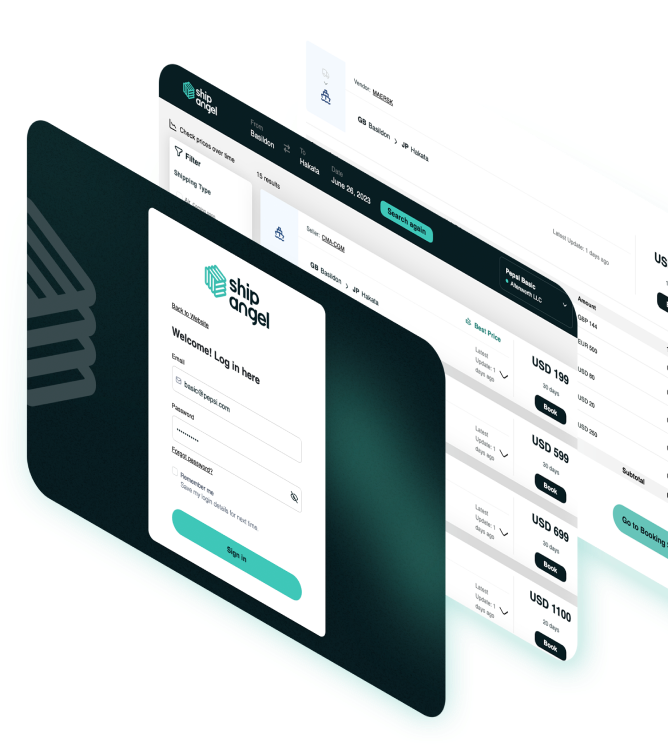
A recent quote floating around the internet caught my attention: “The next generation of enterprise resource planning platforms (ERP) will not be built as an ERP.” Likewise, the next generation of international transportation management systems (TMS) will not be built as a TMS.
Of course not, right? So much has changed since both types of software platforms were first designed and implemented in the 1990s.
For example, China’s admittance into the World Trade Organization (WTO) in 2001 sparked a new chapter in global trade. Shippers strived to operate as lean as possible by outsourcing parts of their business and supply chain activities overseas.
China has been the biggest beneficiary of global outsourcing. According to World Bank data, in 2001, China’s total export value was $266.1 billion, but by 2010, it had jumped to $1.58 trillion, making China the world’s biggest exporter, a title it still holds today.
As global trade rapidly grew, so did internet access for business applications. 2016 was the first year in which cloud computing started to dominate many IT market segments, with cloud revenue growing 25% year over year to $148 million, according to Synergy Research Group.
Today, around 94% of all companies globally use cloud software, with the typical company spending $2.4 million to $6 million per year on cloud solutions. Through cloud software, software as a service has emerged as an essential role in business applications, allowing users to access applications through an internet browser on demand.
Redefining ERP and TMS
As ERP and TMS platforms race to keep up with changes in global trade and emerging technologies, the next generation of these systems will look completely different.
Think of the changes as replacing gasoline-powered cars with electric ones—you can rip out the exhaust, the oil sump, and the gearbox, but now you need batteries, a bunch of computer chips, screens, and cameras.
These rapid market changes come at a time when supply chain management (SCM) software is expected to be the fastest-growing segment of software every year this decade.
According to research firm Gartner, over half of businesses have adopted logistics and SCM software to remain competitive in the rapidly changing landscape. However, the logistics and SCM software landscape is mature and is being redefined to align with businesses’ needs for more agility, resiliency, and intelligent operations.
Indeed, over the past few years, the global logistics network has been challenged with unexpected supply chain bottlenecks while customers expect quicker shipments.
Choosing the right SCM applications can be difficult. Implementation can still take days and training employees can potentially take longer. SCM applications are also diverse, ranging from large-scale suite providers offering portfolios of solutions to niche providers specializing in specific industry verticals.
Ship Angel aims to be the new Operating System (OS) for shippers. Our platform allows BCOs to speed up lengthy spreadsheet-based manual processes, resulting in:
- saved time,
- better decision-making,
- reduced costs,
- increased accuracy and
- an immediate ROI.
 Graham Parker
Graham Parker
 June 7, 2024
June 7, 2024
